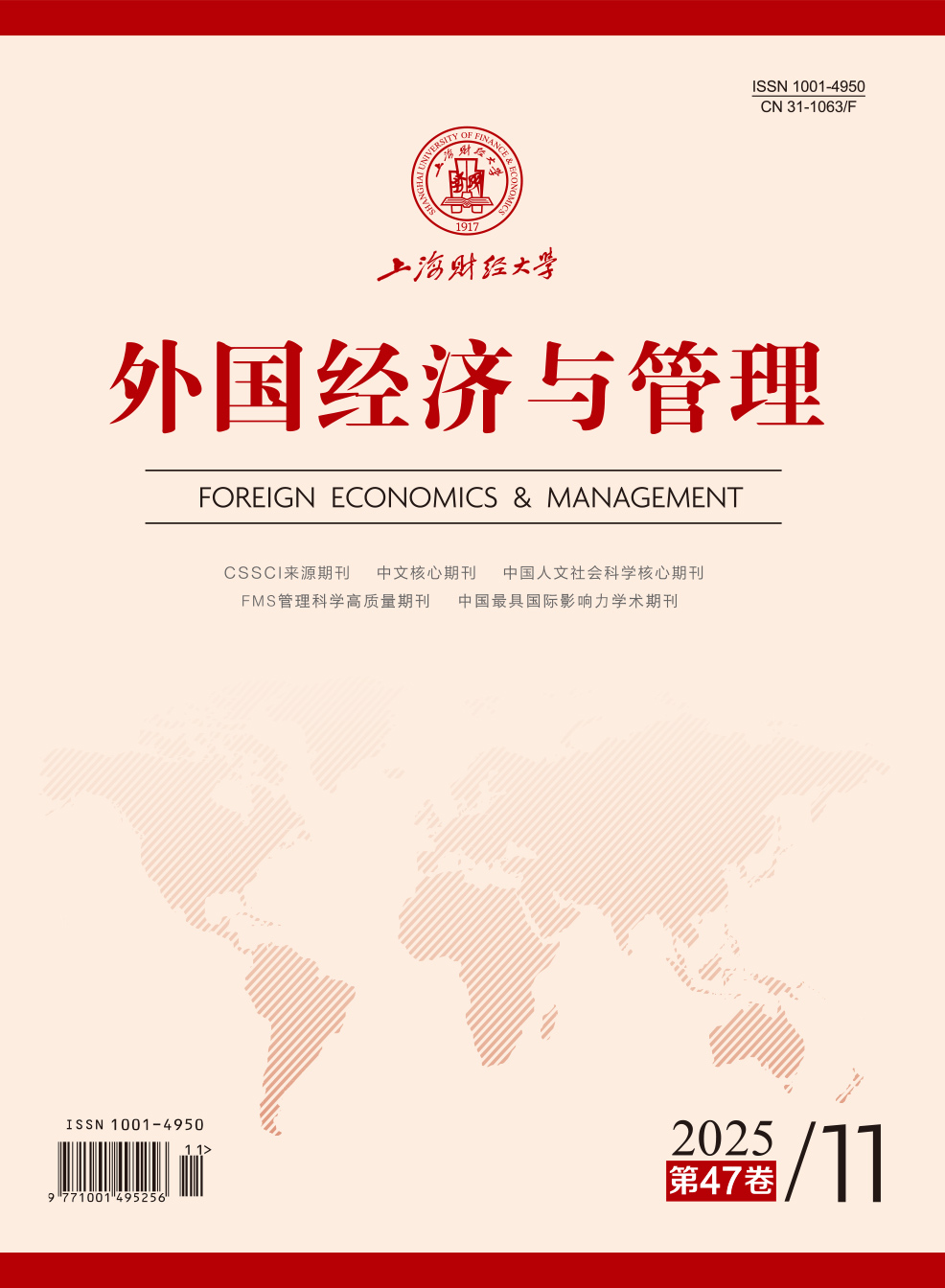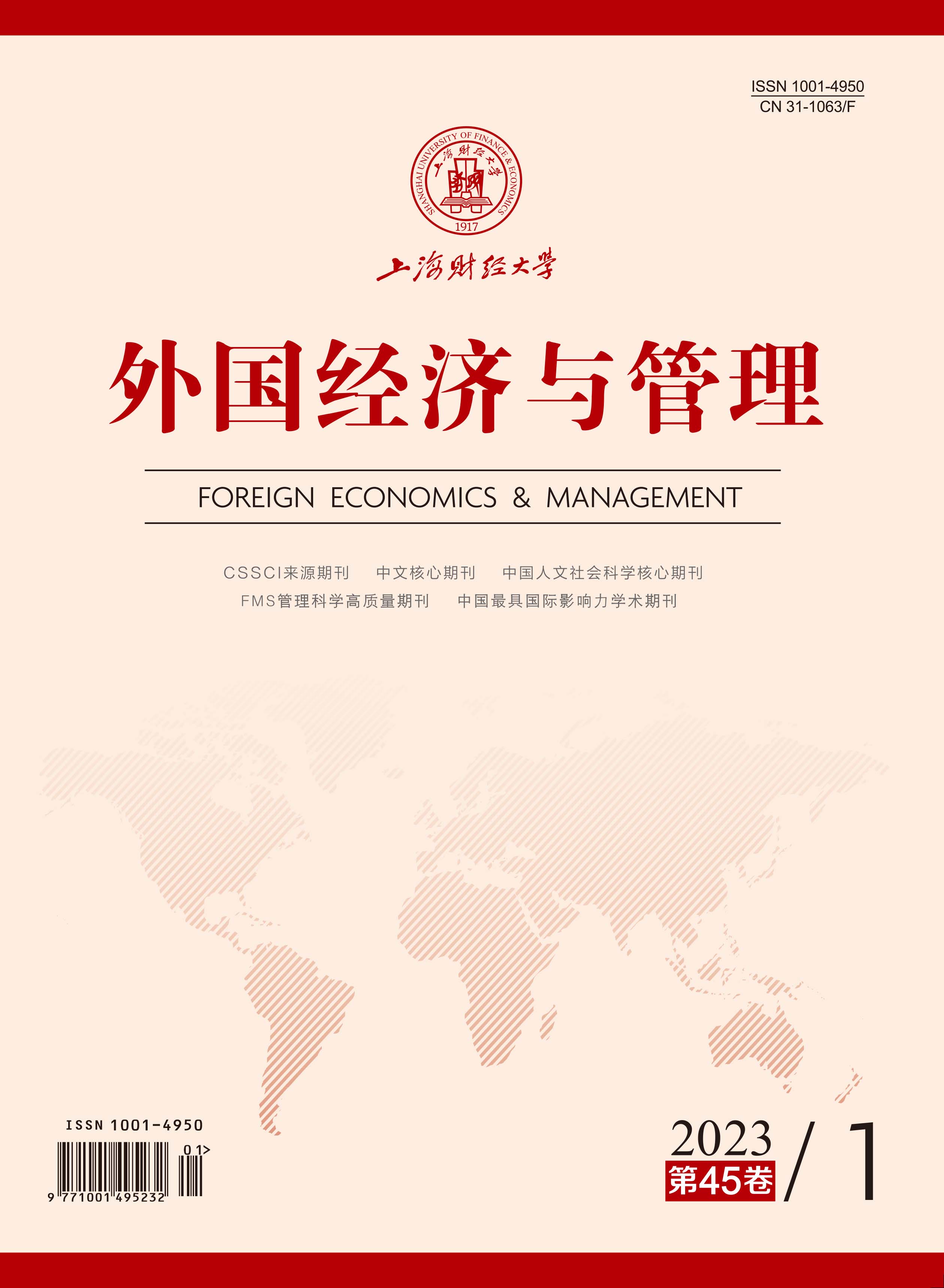Harmonious labor relation climate (HLRC) is a positive psychological perception of the organization’s labor relations by employees during their participation in the management process, which has an important impact on employee behavior and organizational effectiveness, and is conducive to the formation of a win-win situation between labor and capital within the organization. Under the background of frequent uncertain events in recent years, how to improve the ability of organizations to cope with abnormal environment through the construction of HLRC is of great significance to the construction of harmonious labor relations with Chinese characteristics and the sustainable development of organizations. Therefore, this paper focuses on the impact of HLRC on the organizational resilience (OR) necessary for organizations to successfully cope with the impact of abnormal environment.
Considering research objectives and data availability, this paper takes technology-based small and medium-sized enterprises (TSMEs) as a sample for data collection and empirical analysis. Based on the cross-level characteristics of research variables, A and B questionnaires were distributed to the same sample enterprises for a paired survey. The items of the questionnaire were designed with reference to the verified mature scale. Specifically, Questionnaire A contained relevant variables at the individual level, which were answered by less than 3 employee representatives; Questionnaire B contained relevant variables at the organizational level, which were answered by enterprise managers who were familiar with the overall situation of the enterprise. Based on the paired questionnaire data from 482 TSMEs, this paper uses the hierarchical regression, instrumental variable method, Heckman self-selection model, and Bootstrapping method to empirically test the theoretical assumptions.
The findings show that the concept of cooperation & sharing and harmonious interpersonal relationships brought about by HLRC can help organizations reach strategic consensus faster and better in the face of adversity, so as to have stronger OR to deal with environmental shocks. In addition, transformational leadership (TL) can better inspire morale through vision incentive when the organization encounters an abnormal environment, and encourage employees to jointly resist external shocks and engage in innovative activities, so it can strengthen the positive impact of HLRC on OR. The study reflects the great power of harmonious labor relations, and provides a feasible path for enterprises to improve OR from the perspective of strategic human resource management.
This paper makes the following contributions: First, it focuses on the impact of HLRC on organizational behavior in an uncertain environment and its internal mechanism, which enriches the relevant research on the organizational impact and mechanism of labor relation climate. Second, revealing the regulatory role of TL in the relationship between HLRC and OR helps to expand the boundary conditions of labor relation climate in the context of weak trade unions. Third, from the perspective of HLRC, it explains how the individual psychological motivation of employees promotes OR, which provides a new theoretical perspective for the antecedents of OR.





 5326
5326  6127
6127

